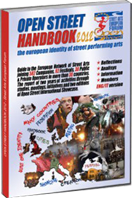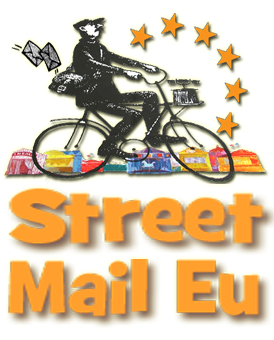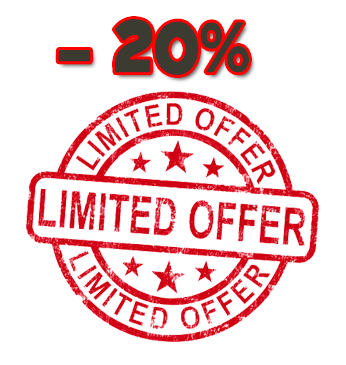friday 4 / 4 / 2025 | 1357 members |
|
 |

 1) READ YOU THE STATUTE OF OPEN STREET AISBL
1) READ YOU THE STATUTE OF OPEN STREET AISBL
2) IF YOU ARE NOT REGISTERED YOU MUST REGISTER
3) YOU MUST PAY THE MEMBERSHIP FEE

Order HERE the complete guide to street art in Europe... A veritable handbook for those who want to know more about European Street Performing Arts or who needs to find new channels to spread their activities in the international context.

Erasmus + is not just Youth and Education ...
Discovering the possibilities of the Erasmus + Program for European cultural operators
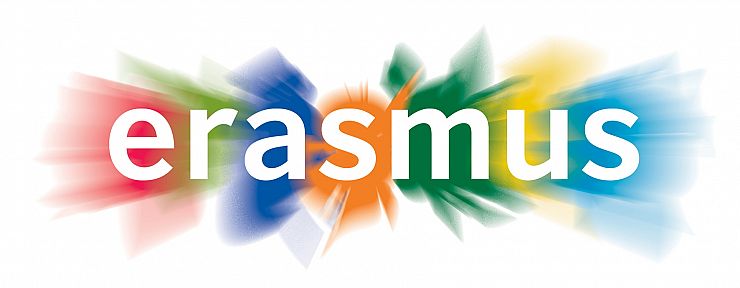
WHAT IS ERASMUS+?
ERASMUS+ is the most important funding program of the European Union for the support to initiatives dedicated to education, training, youth and sport, and offers many possibilities also for the performing arts sectors. Furthermore, ERASMUS+ is perhaps the only program that recognizes 100% of the expenses incurred for the implementation of the project. Its budget of €14.7 billion will provide opportunities for over 4 million Europeans to study, train, gain experience, and volunteer abroad. Set to last until 2020, Erasmus+ doesn't just have opportunities for students, it also gives opportunities for a wide range of organisations, such as universities, education and training providers, think-tanks, research organisations and private businesses.
Regarding the EU support to cooperation projects, it is well known that the attention of cultural operators of in the ambit of music, performing arts, circus, popular and street theatre has always been mainly focused on the Creative Europe calls for large or small scale projects. Too often the Erasmus+ funding programme has been wrongly considered as a Programme expressely dedicated to the ambit of Education and youth, thus involving only the school ambit. Indeed, the many opportunities offered by Erasmus+ funding programme must seriously be taken in consideration by art operators: theatre and circus schools, artistic residences, professional companies, trainers, cultural operators and event organizers can all apply to Erasmus+ calls specifically addressed to activities focused, for example, on youth and adult training, mobility of volounteers, trainers updating, transnational learning and cooperation, development of strategic partnerships, of knowledge and sector skills alliances...thus perfectly matching what is usual practice and everyday activity for most part of EU art professionals!
THE ADDED VALUE OF TRANSNATIONAL COOPERATION
To be involved in ERASMUS+ cooperation projects means to have the opportunity to be engaged in a number of development and networking activities, including strategic improvement of the professional skills of own working staff, to assume organisational capacity building. To create transnational cooperative partnerships with organisations from other countries means to produce innovative outputs and to exchange best practices. The benefits also include an increased capacity to operate at an international level, improved management methods, access to further funding opportunities and projects, increased ability to prepare, manage, and follow-up projects, as well as a more attractive portfolio of opportunities for learners and staff at participating organisations.
SOME EXAMPLES OF INVOLVEMENT OF CIRCUS AND STREET THEATRE
If you still think that Erasmus+ has nothing to do with your activity, just have a look to few examples out of dozens supported in 2017 by Erasmus+ in the ambit of street show/circus/theatre:
Project Leader: Asociación Iniciativa Internacional Joven (ES)
Title: Inclusion through Urban Art & Folk Music
Eu Contribution: € 60.000
www.uafolk.aiij.org
Project Leader: Plavo Theatre (SRB)
Title: Theatre - Encounter, Inclusion, Action
Eu Contribution: € 58.000
www.theatre-encounter-inclusion-action.org
Project Leader: Ecole de Cirque de Bruxelles (BE)
Title: Research on youth and social circus pedagogy
Eu Contribution: € 232.000
www.caravancircusnetwork.eu
Project Leader: Fédération Française des Ecoles de Cirque (FR)
Title: INTENTS - Partenariat Stratégique pour la définition de la profession de professeur en arts du cirque et la reconnaissance de ses compétences
Eu Contribution: € 366.000
www.ffec.asso.fr
Project Leader: Control Stúdió Filmegyesület (HU)
Title: Rural Inclusive Outdoor Theatre Education;
Street theatre education methodology and network cooperation model in rural enviroment
Eu Contribution: € 59.000
www.controlstudio.hu
You can download the excel files of all projects supported yearly by Erasmus+ here: www.ec.europa.eu/programmes/erasmus-plus/projects/eplus-projects-compendium
ACTION KEYS AND DEADLINES
The Programme is made up of three so-called "Key Actions" and two additional actions. They are managed partly at the national level by National Agencies and partly at the European level by the EACEA. The European Commission is responsible for Erasmus+ policies and oversees the overall programme implementation.
Key Action 1: Learning Mobility of Individuals
This Action supports mobility in the education, training and youth sectors and aims to bring long lasting benefits to the participants and the organisations involved.
Key Action 2: Cooperation for innovation and the exchange of good practices
The actions under KA2 make it possible for organisations from different participating countries to work together, to develop, share and transfer best practices and innovative approaches in the fields of education, training and youth.
Key Action 3: Support for policy reform
Key Action 3 provides grants for a wide variety of actions aimed at stimulating innovative policy development, policy dialogue and implementation, and the exchange of knowledge in the fields of education, training and youth. The majority of them are managed by the EACEA.
Jean Monnet
Jean Monnet Activities are designed to promote excellence in teaching and research in the field of European Union studies worldwide. The activities also foster the dialogue between the academic world and policy-makers, in particular with the aim of enhancing governance of EU policies.
Sport
The Sport Chapter in the Erasmus+ Programme aims to support European partnerships on grassroots sport in order to pursue the following objectives: tackle cross-border threats to the integrity of sport, such as doping, match fixing and violence, as well as all kinds of intolerance and discrimination; to promote and support good governance in sport and dual careers of athletes; to promote voluntary activities in sport.
The deadlines for various item of every Key Action are announced periodically for every year, generally starting from about March/April until October. For 2018, the last deadlines - 4th October- are referred to following Actions:
Key Action 1 - Mobility of individuals in the field of youth
Key Action 2 - Strategic partnerships in the field of youth
Key Action 3 - Support for policy reform
For 2019, the announcements for calls are expected at the end of 2018/early 2019.
Direct info are available here:
www.ec.europa.eu/programmes/erasmus-plus/calls/erasmus-programme-call-proposals- 2018_en
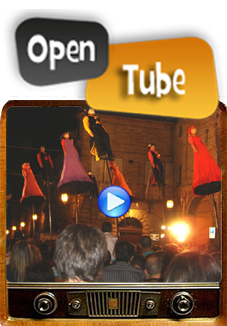
OPEN STREET TUBE, European Performing Art Video Archive
The meeting place for live performances buyers and sellers !!

To OPEN the city gates to performing arts means to bring out the value of open air spaces assigned to social life, to enforce the cohesion inside communities, to improve the local tourist activity, to create new routes for exchange and integration between European countries.
The creation of a international debate, the comparisons between
normative and laws, different urban patterns and policies for development
and support of performing arts, will drive to a new consciousness and
will produce new stimulus in administrators and art operators. This
route could not be undertaken on a simple regional or local level.
Our country, now, is Europe!

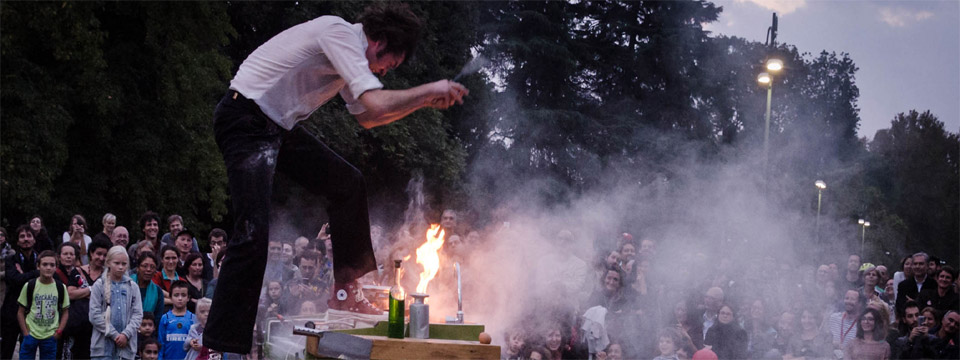
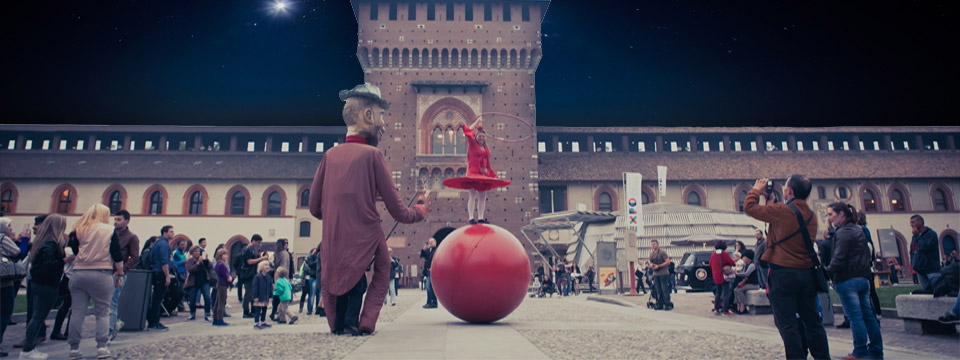
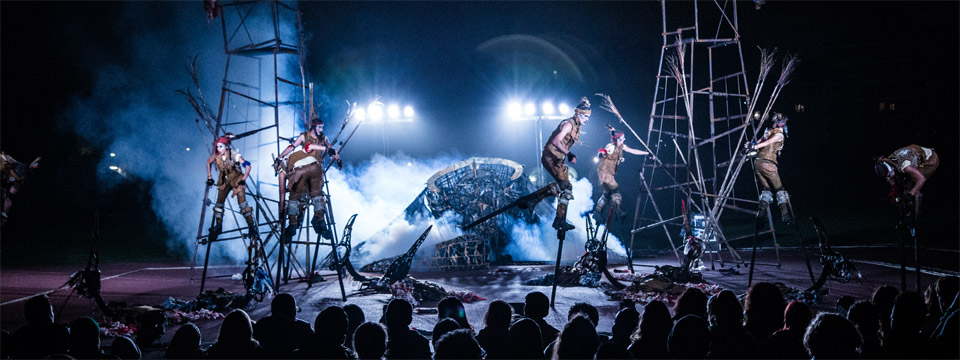
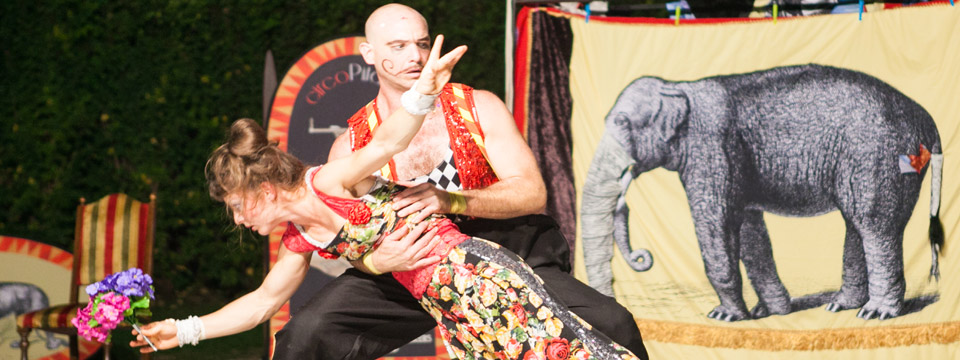


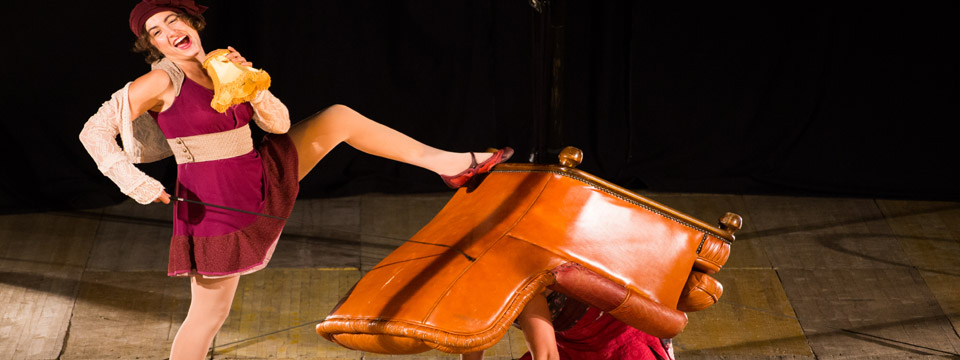
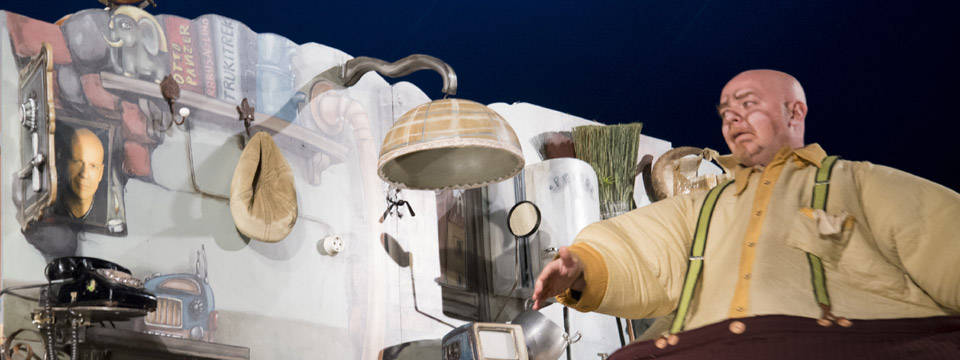
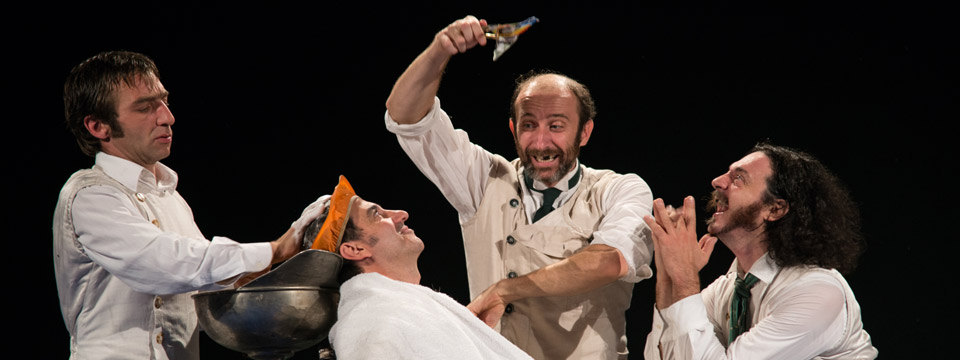
 1
1 2
2 3
3 4
4 5
5 6
6 7
7 8
8 9
9





